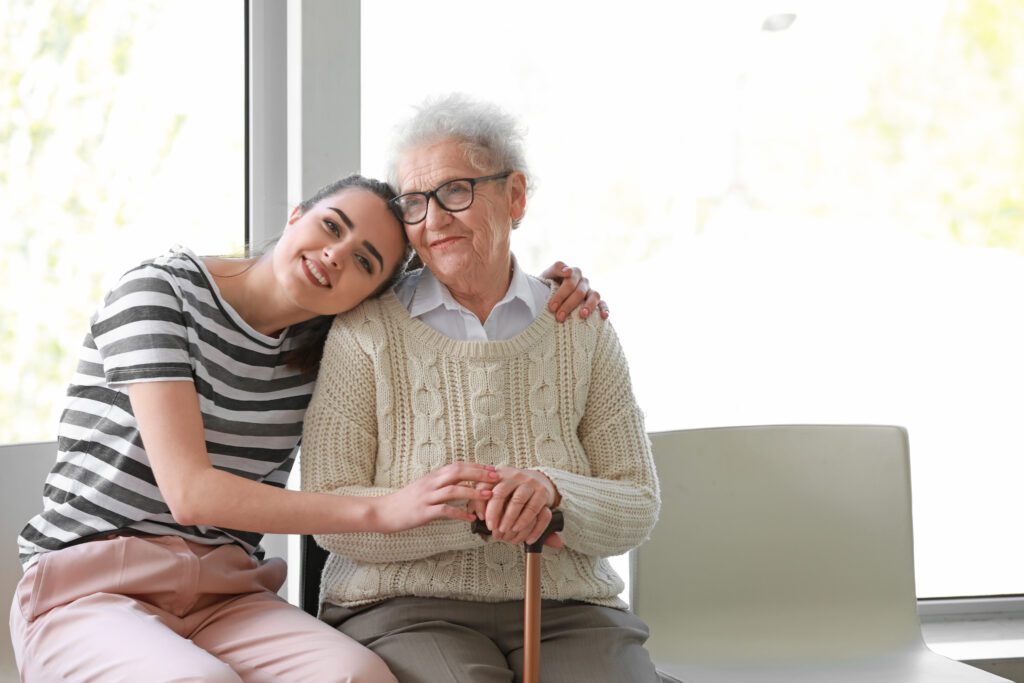Balancing Acts: Women, Caregiving, & Self-Care
Taking care of someone is often seen as a loving thing to do – a way to help someone you care about. But what you might not always see is the toll it can take on you as the caregiver, especially if you are a woman. When you put all your energy into caring for others, you might often forget about your own health. This can lead to a lot of problems, both physical and mental.

The Burden on Women Caregivers
Most caregivers in the United States are women – about 66% of them, according to the Family Caregiver Alliance. Many of you are doing a lot: taking care of someone, working full-time, managing a household, and looking after your own families. With all this going on, you often forget to take care of yourself, which can lead to health issues.
Emotional Impact: Depression and Anxiety
One big problem for you as a woman caregiver is depression and anxiety. Taking care of someone can be really stressful and emotionally draining. This can make you feel alone, exhausted, and hopeless. Studies show that you are more likely to be depressed than men caregivers – some studies say you’re twice as likely to feel this way.
Physical Health Challenges
The physical side of caregiving can also be tough on your health. You might experience chronic pain, feel tired all the time, and have trouble sleeping because of all the work you do. Lifting and helping someone who can’t move well can hurt your muscles and joints. And because you’re so busy, you might not have time to exercise or take care of yourself, which can lead to gaining weight and other health problems.
The Importance of Self-Care
Even though you have a lot on your plate, you usually put others first. But it’s really important for you to take care of yourself, too. Just like you take care of your loved ones, you need to take care of your own body and mind.


Strategies for Self-Care – Valuing Women Caregivers
There are lots of ways you can practice self-care. You can make time to relax and exercise, and you can talk to friends, family, or support groups when you need help. It’s important for you to know it’s okay to ask for support or see a professional if you need it. Taking breaks, setting limits, and being kind to yourself are all important ways to stay healthy while caregiving.
Caregiving can really take a toll on your health, causing depression, physical pain, and feeling drained. But by taking care of yourself and asking for support, you can manage these challenges and maintain your well-being.
